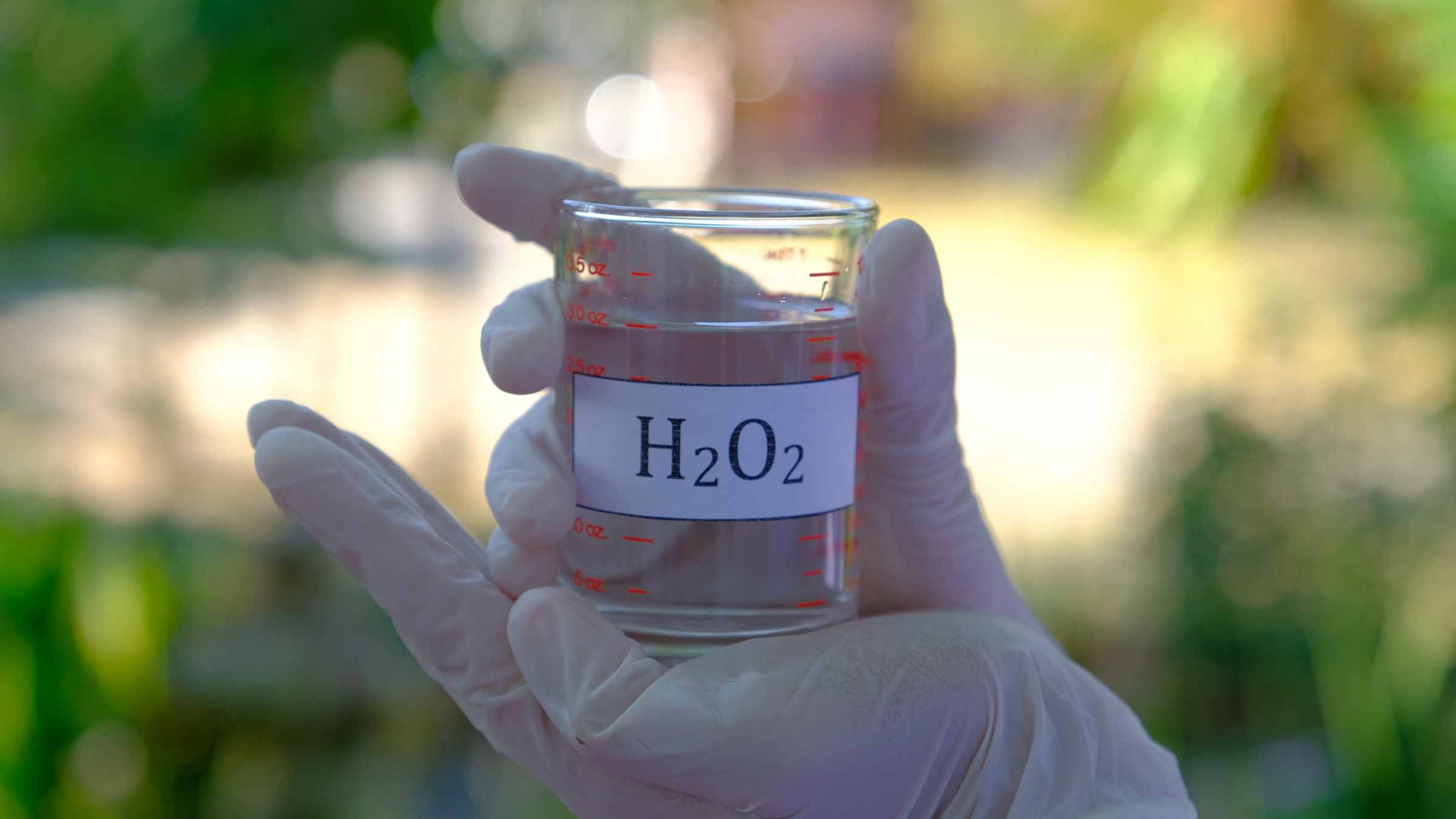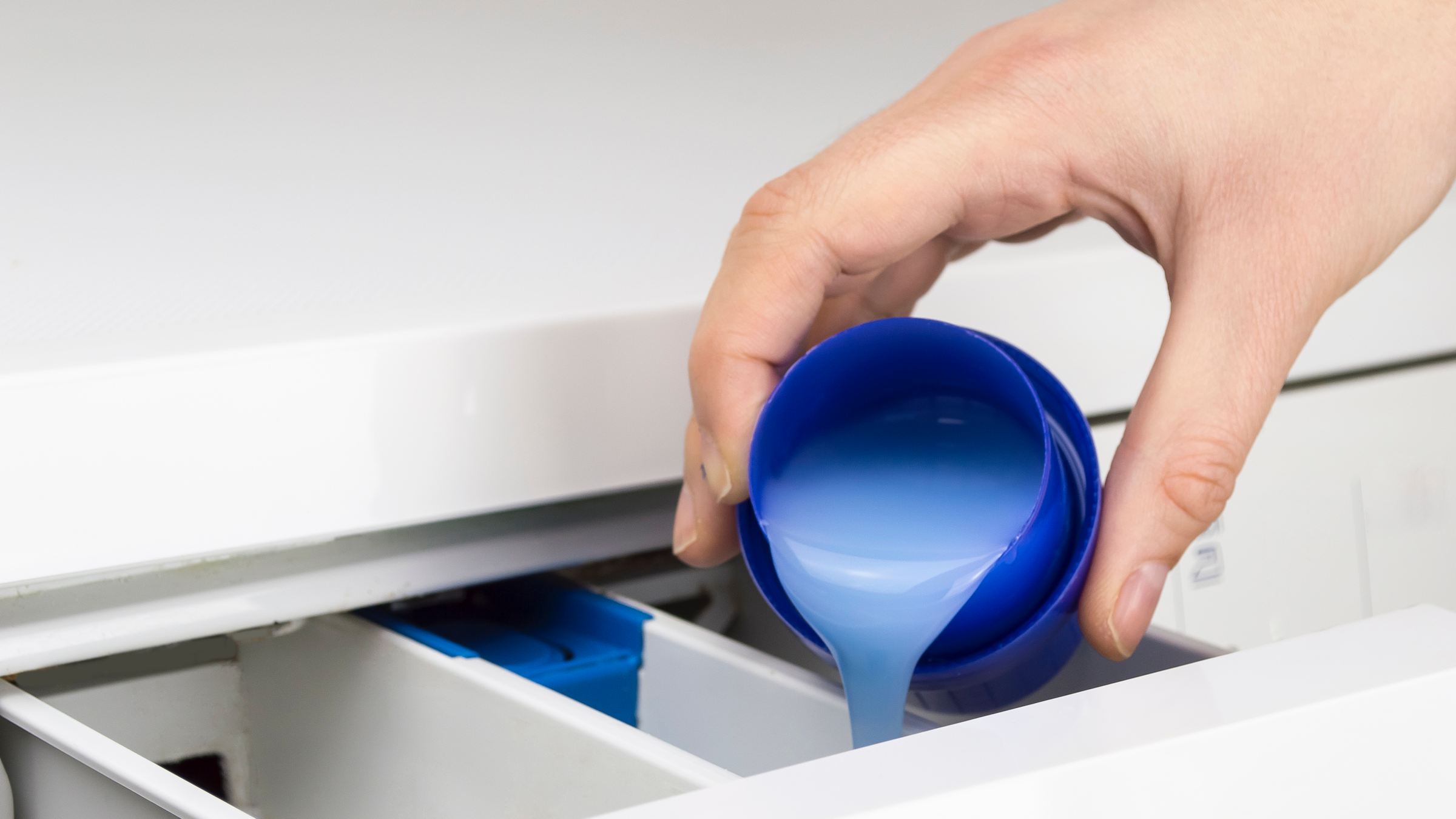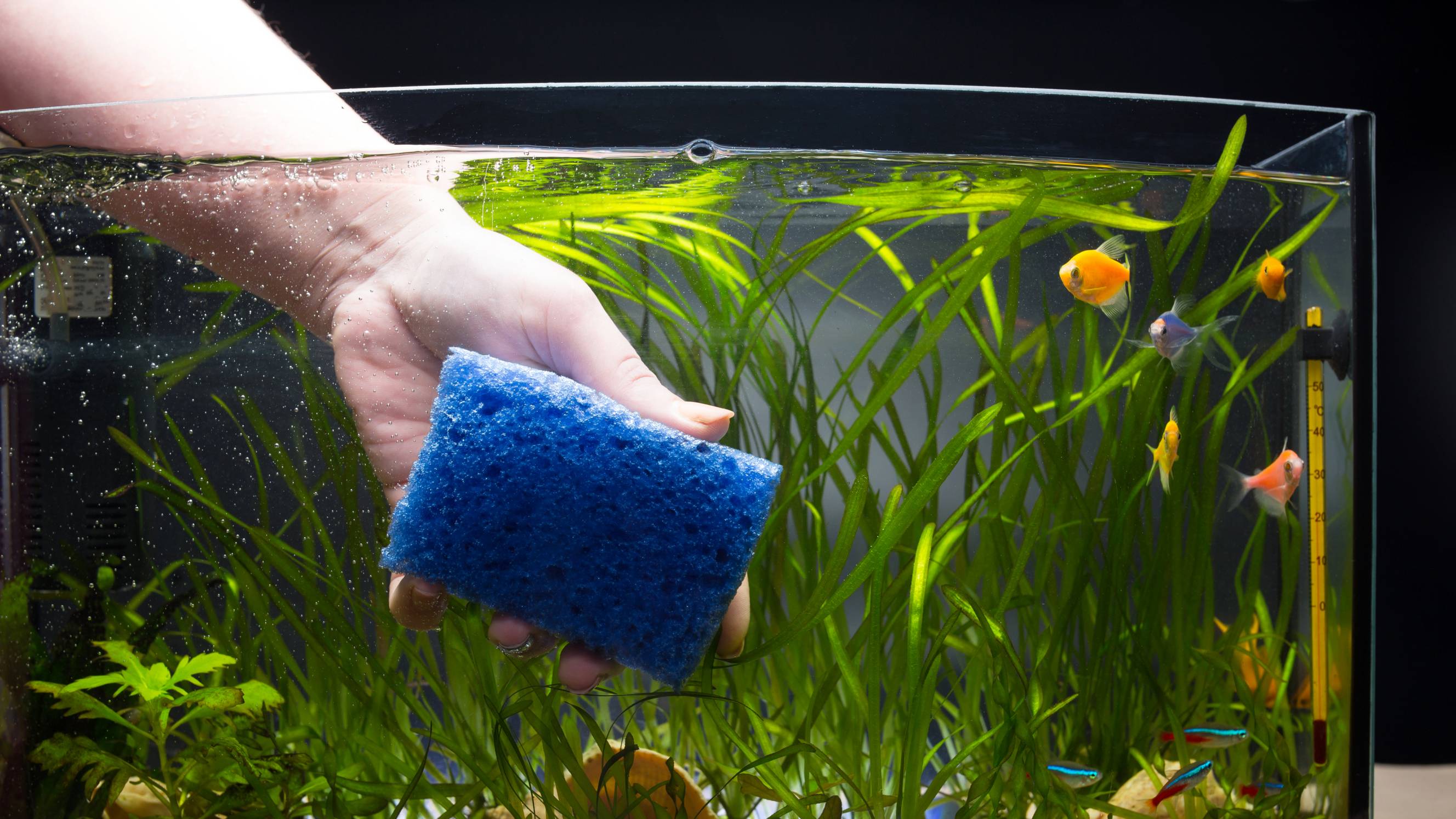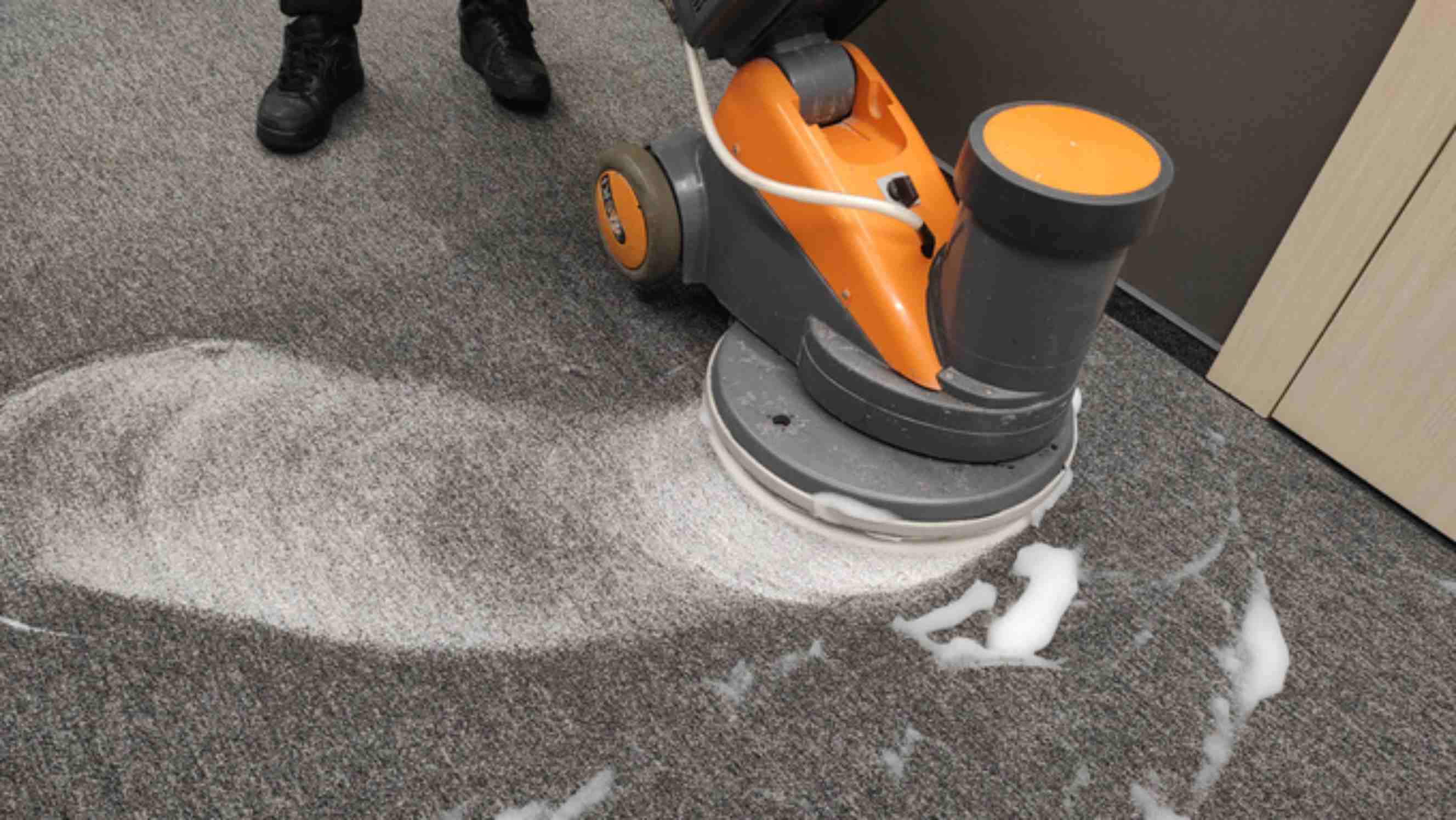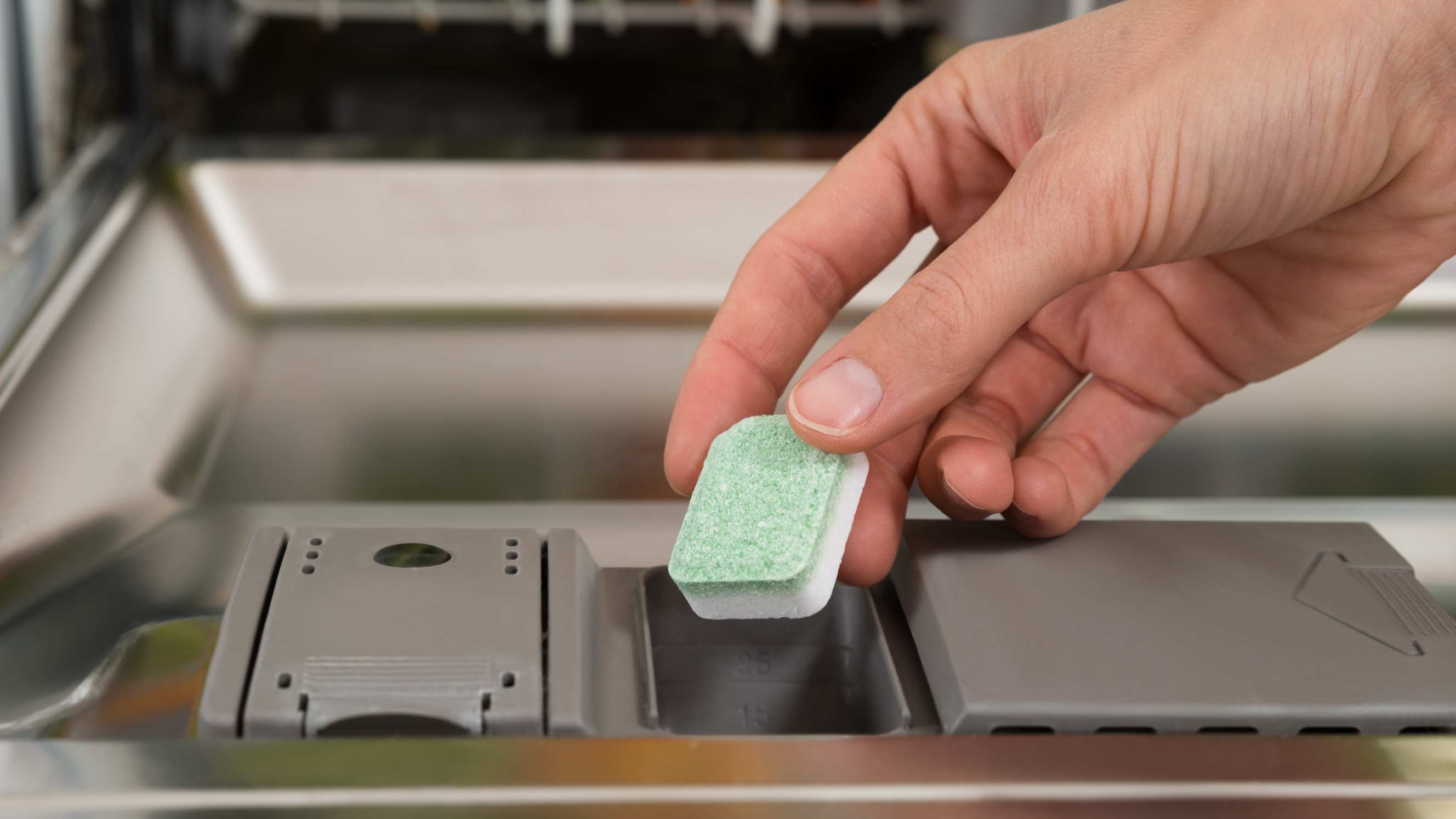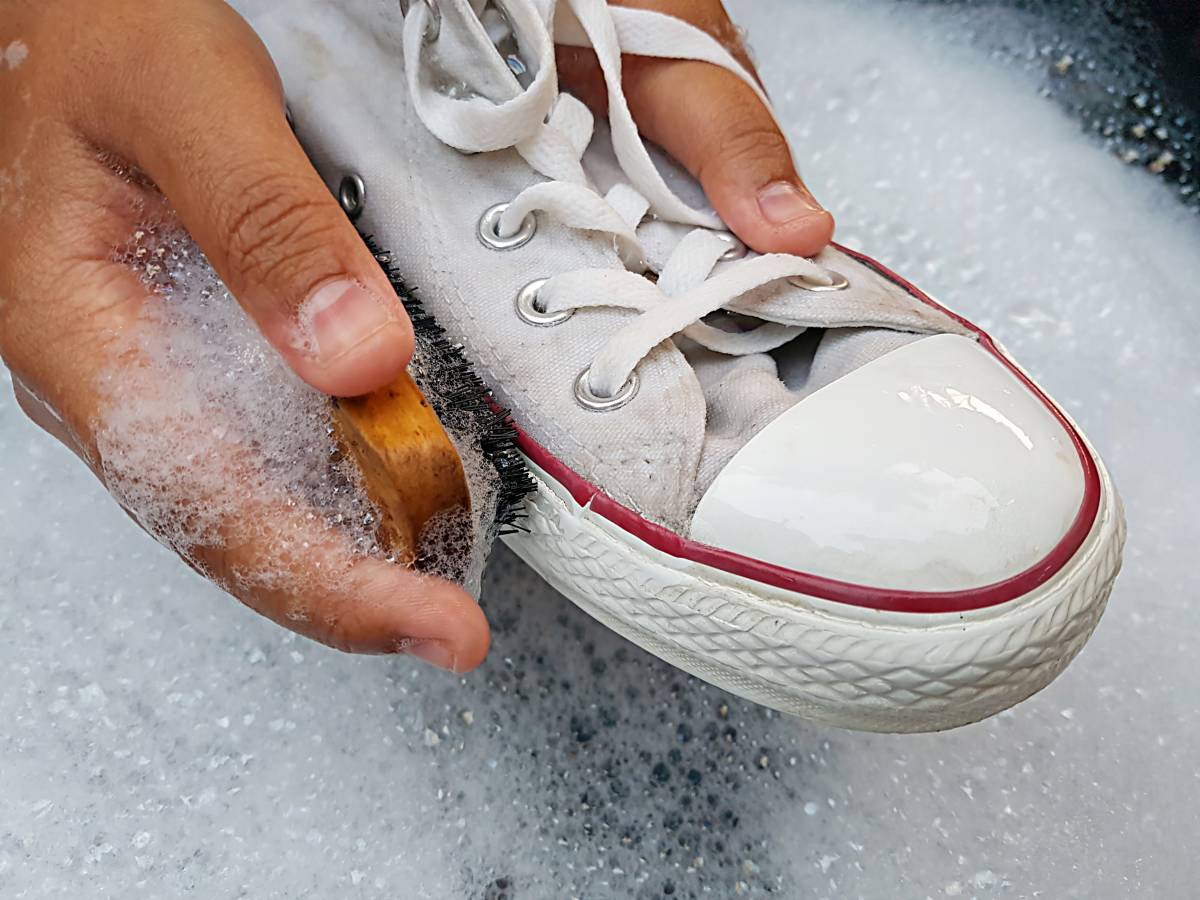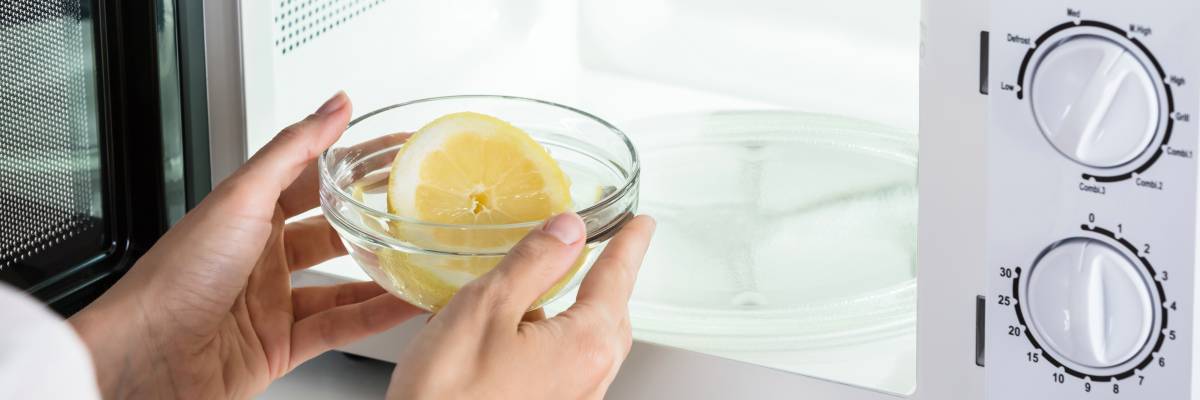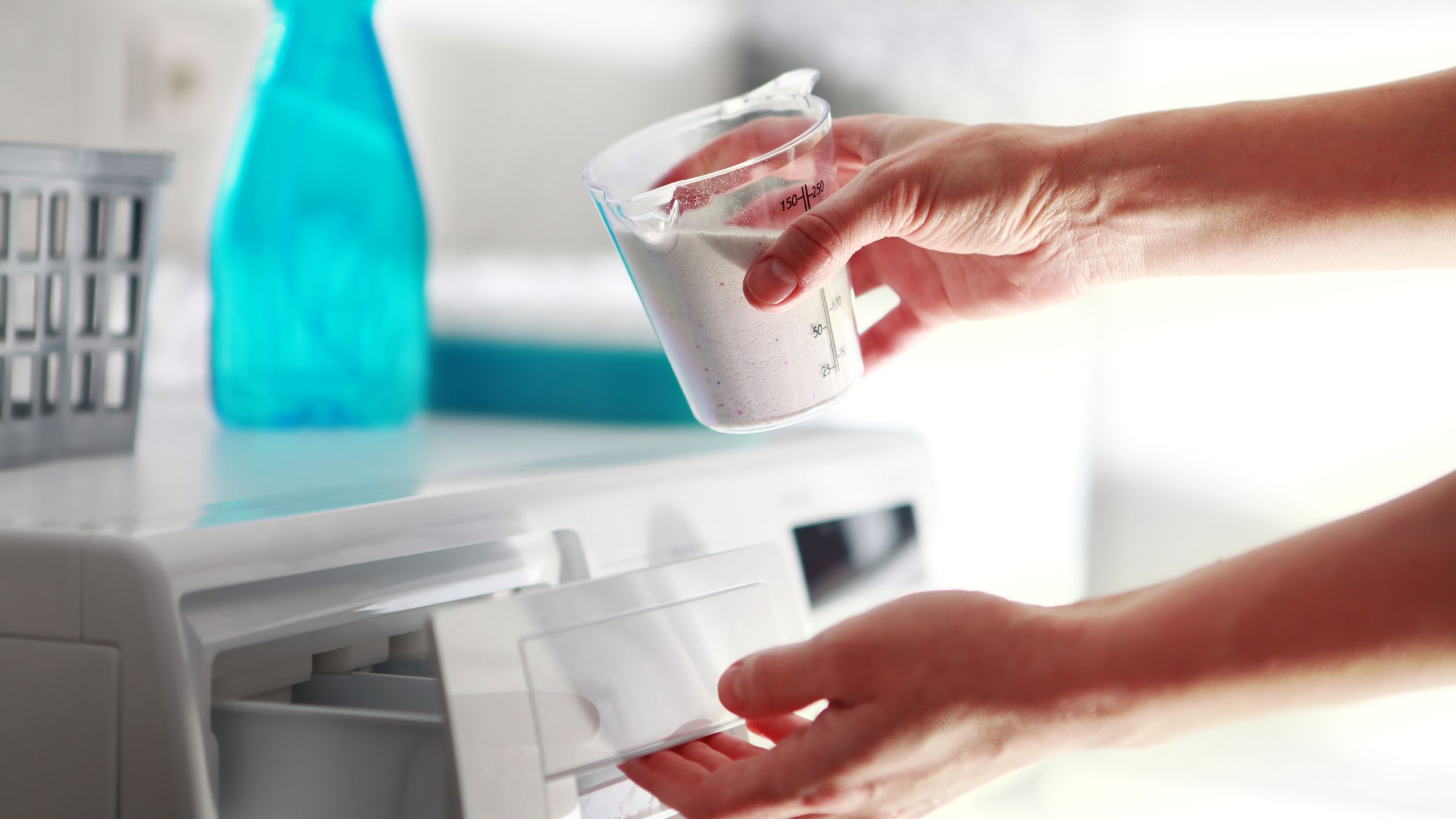- Home/
- Comparisons/
- Cleaning/
- Dishwasher vs. Hand Washing

Dishwasher vs. hand washing: Which is more efficient for cleaning dishes?
Comparing dishwasher and hand washing based on their cleaning ability, water usage, cost-effectiveness, and more.
Hire a cleaning expertLast Updated on
Key Facts
- A dishwasher is an automated machine designed for cleaning dishes and cutlery with minimal human intervention.
- Hand washing is the manual process of cleaning dishes using dish soap, water, and physical scrubbing.
Are you standing at the kitchen sink pondering over the age-old debate between dishwasher vs. hand washing? Or perhaps you find yourself wondering about whether you should wash by hand or dishwasher?
If these questions sound all too familiar, you’re not alone. In homes around the globe, the way of washing dishes sparks conversations, pitting efficiency against tradition. Here, we’ll dive into the heart of this kitchen dilemma. This guide explores the perks and quirks of each method.
What is a dishwasher? 
A dishwasher, whether it's a freestanding or built-in dishwasher, is essentially a life-saving appliance for many as it speeds up the task of cleaning dishes.
At its core, it’s an automated machine specifically engineered to clean dishes, cutlery, and occasionally other kitchenware with little to no need for physical scrubbing or manual labor. Simply load it with dirty dishes, add dishwasher powder or pods, select the appropriate cleaning cycle, and it does all the hard work for you.
Inside, the dishes are sprayed with jets of hot water mixed with detergent. This ensures a thorough clean that’s difficult to achieve manually.
Besides the convenience and time savings, dishwashers are also known for their ability to sanitize dishes by using hotter water than what would be bearable for hand washing. So, it provides both a healthier and potentially cleaner kitchen environment for those living alone or with a family.
What is hand washing?

Washing dishes by hand is a traditional method of physically scrubbing dishes with soap and water to remove food particles, grease, and other residues. This process often requires soaking, rinsing, and sometimes re-rinsing to ensure that dishes are thoroughly clean and free from soap.
Hand washing lets you feel and see spots and food remnants that may need extra attention. People often choose it for delicate items that might not withstand the vigorous cleaning cycles of a dishwasher or for kitchens where a dishwasher isn’t an option.
Despite being more labor-intensive, this method gives individuals complete control over the cleaning process, from the temperature of the water to the amount of soap used. This is why it’s a preferred choice for some.
Hand wash vs. dishwasher: Which is more efficient for cleaning dishes?
Having clean dishes is essential for maintaining a hygienic household, but which method is more efficient when it comes to cleaning dishes: dishwasher vs. hand washing? This guide will break down the pros and cons of each method in terms of several factors to help you decide which is best for your situation.
In terms of cleaning ability

When it comes to the cleaning ability of a dishwasher or washing by hand, the former tends to have the upper hand. A modern dishwasher is designed with advanced technology that lets it remove not just visible food residue but also microorganisms.
The high temperatures reached inside a dishwasher, often between 60°C to 62°C, ensure a level of sanitation that is difficult to achieve with hand washing. This is because the hot water temperatures needed to kill bacteria are generally too hot for skin contact.
On the other hand, washing plates manually requires meticulous effort to reach the same level of cleanliness. Even with harsh scrubbing, it’s challenging to maintain the consistent temperature and detergent concentration necessary to kill bacteria and remove all residues effectively.
However, hand washing might be preferred for items that are delicate or not dishwasher-safe because of its more controlled and gentle cleaning process.
In terms of water usage

Water consumption is a critical factor when comparing dishwashers to hand washing. So, how much water does a dishwasher use?
Surprisingly, water-efficient dishwashers actually use less water than washing dishes by hand. This is especially the case when you consider the amounts needed to rinse and wash a full load of dishes in the sink.
An Energy Star-rated dishwasher’s water usage can be as little as 3 gallons of water per cycle, while hand washing can use up to 27 gallons for the same amount of dishes. This significant difference is primarily due to the optimized water usage technology in modern dishwashers that recycle water throughout the cleansing cycle.
Meanwhile, washing dishes by hand under a continuously running tap or in multiple sinkfuls of water can lead to excessive water consumption. Even if you use a washing-up bowl, you’d still end up using an unnecessary amount of water.
In terms of energy efficiency
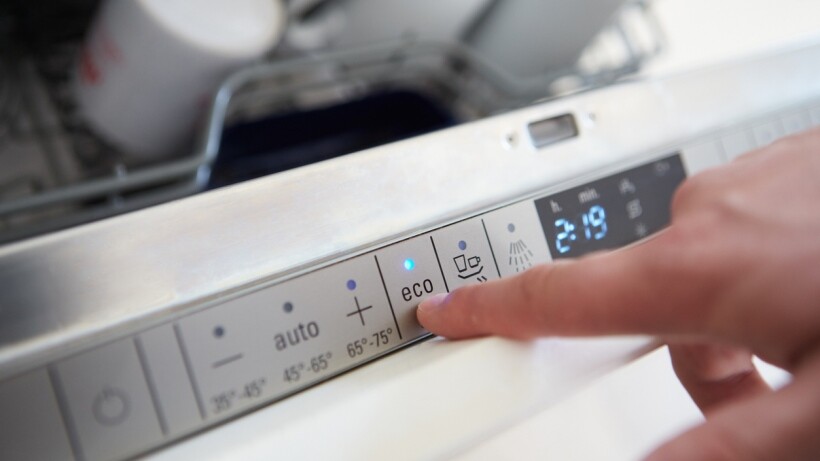
One of the first questions anyone ever asks when choosing between handwashing and a machine is if it’s going to use too much power. So, with that in mind, do dishwashers use a lot of electricity?
Well, a dishwasher’s power consumption, particularly an Energy Star-certified one, is designed to be highly energy efficient. They use less electricity to heat the water and complete a washing cycle than the energy required to heat an equivalent volume of water using a home’s water heater for washing by hand.
The exact energy savings can vary based on the dishwasher model and the efficiency of the home’s water heating system. However, it’s clear that dishwashers often lead to lower energy consumption.
Hand washing’s energy usage primarily revolves around the heating of water. When washing dishes by hand, one might constantly waste hot water for an extended period. This can significantly increase a household’s energy consumption, especially if the water heater is not particularly efficient.
If the person washing the dishes by hand opts not to use hot water, the energy consumption will be less. However, the effectiveness of cleaning may be impacted.
In terms of convenience

The convenience offered by dishwashers is something else. Firstly, they save time. Instead of standing over the sink to scrub, rinse, and dry each item, you can simply load the dishwasher and start a cycle.
This allows multitasking—possibly attending to other chores or relaxing. Modern dishwashers even come with various settings to suit different loads and cleaning needs.
On the contrary, hand washing demands constant attention from pre-washing to drying. This process can be especially time-consuming when dealing with a large number of dishes or particularly soiled cookware. Plus, it requires physical effort to scrub and rinse dishes. This can be difficult for individuals with certain physical limitations.
In terms of environmental impact
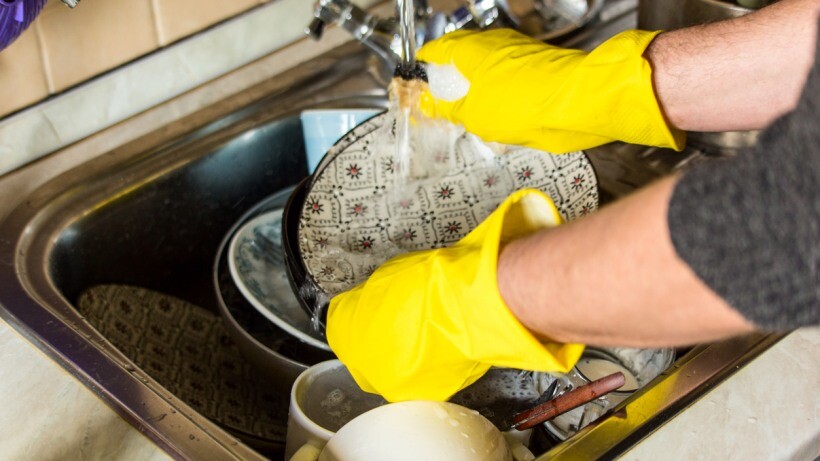
When gauging environmental impact, it’s essential to weigh the usage of water and how much energy is spent. After all, the goal is to reduce waste and conserve resources.
Traditional hand washing can consume significantly more water compared to energy-efficient dishwashers. A running tap can use up to 2 gallons of water per minute, while an Energy Star-certified dishwasher can clean a full load of dishes with as little as 3 gallons per cycle.
The energy used to heat water in a modern dishwasher, especially those that are energy-efficient, is generally less. This not only reduces energy consumption but also minimizes the carbon footprint associated with heating water. Dishwashers are also now more sophisticated, with many models now featuring eco-friendly cycles that optimize water and energy use according to the load.
In terms of cost-effectiveness

When analyzing dishwasher vs. hand washing costs, initial and ongoing expenses must be considered. The purchase price of a dishwasher might seem steep, ranging from $250 to $1,200, with high-end models reaching up to $3,500. Then, you can easily spend $250 to $2,500 for the installation. However, this is a one-time investment that can last for many years.
If you want to save more, you can also opt to install the dishwasher yourself. Just make sure to follow the manufacturer’s instructions carefully and take all necessary safety precautions.
On the other hand, the costs associated with hand washing—such as sponges, which can range from $3 for 4-pc packs to $15 for 24-pc packs, and dishwashing soap starting at $2.12 for 14 oz bottles—are recurrent and can add up over time.
Additionally, considering the monthly water bill of approximately $20 to $100 per individual, depending on local factors, efficient dishwashers can significantly reduce water consumption, thereby lowering this expense over time.
Embrace efficiency – Achieve hassle-free dish cleaning with Airtasker
If you’re still worried about having enough time or energy for your dishwashing needs, know that you’re not alone. With Airtasker, you can connect with local cleaners who can take over your cleaning tasks and save you from stress. Just post a task, and you’re all set!
And if you ever need experts to handle the installation, maintenance, or even repair of your dishwasher—help is also a click away on the platform. Let skilled Taskers handle all your kitchen cleaning needs.
Dishwasher vs. hand washing
| Dishwasher |
Hand Washing |
|
|
Cleaning Ability |
Superior dish cleaning and sanitation due to high temperatures and advanced technology |
Requires effort, yet may not achieve the same level of sanitation |
| Water Usage |
Uses less water, with efficient models using as little as 3 gallons per cycle |
Can use up to 27 gallons for the same amount of dishes |
| Energy Efficiency |
Energy Star-certified models use less electricity |
Energy usage depends on the amount of hot water used, potentially higher |
| Convenience |
Saves time and effort; allows multitasking with automatic cleaning cycles |
More labor-intensive and time-consuming, requiring constant attention |
| Environmental Impact |
Reduces water and energy consumption, minimizing environmental impact with eco-friendly cycles |
Higher water and potential energy usage, depending on hot water usage for cleaning |
| Cost-Effectiveness |
Initial higher purchase and installation costs, but more cost-effective in the long run due to efficiency |
Lower initial costs but recurrent expenses for supplies can add up, along with higher water bills |
FAQs on dishwashers and hand washing
The cost of running a dishwasher daily can vary depending on factors such as the energy efficiency of your dishwasher and your electricity rates. However, if you consider the water and energy savings compared to hand washing, using a dishwasher may actually save you money in the long run.
The most hygienic way to wash dishes is by using a dishwasher on a high-temperature cycle, as it can kill more bacteria and viruses compared to hand washing. For hand washing, use hot water and dish soap, and ensure dishes are completely dried.
Washing dishes in a dishwasher may be healthier than hand washing because dishwashers use higher temperatures and stronger detergents. This makes them more effective at killing bacteria and viruses on dishes. In addition, hand washing can potentially lead to cross-contamination if not done properly.
Find cleaning services, fast
Post a task
Related articles

How to get rid of mold at home
Read more

How to get cleaning jobs
Read more

How to price pressure washing jobs
Read more

How to price cleaning jobs
Read more

How to get cleaning certification
Read more

How to become a housekeeper
Read more

How to clean a duster
Read more

How to clean a garage floor
Read more

How to get rid of dust in your home
Read more

Move out cleaning checklist
Read more

The ultimate spring cleaning checklist
Read more
Related price pages

How much does tile cleaning cost?
Read more

Average price of move out cleaning
Read more

How much does mold removal cost?
Read more
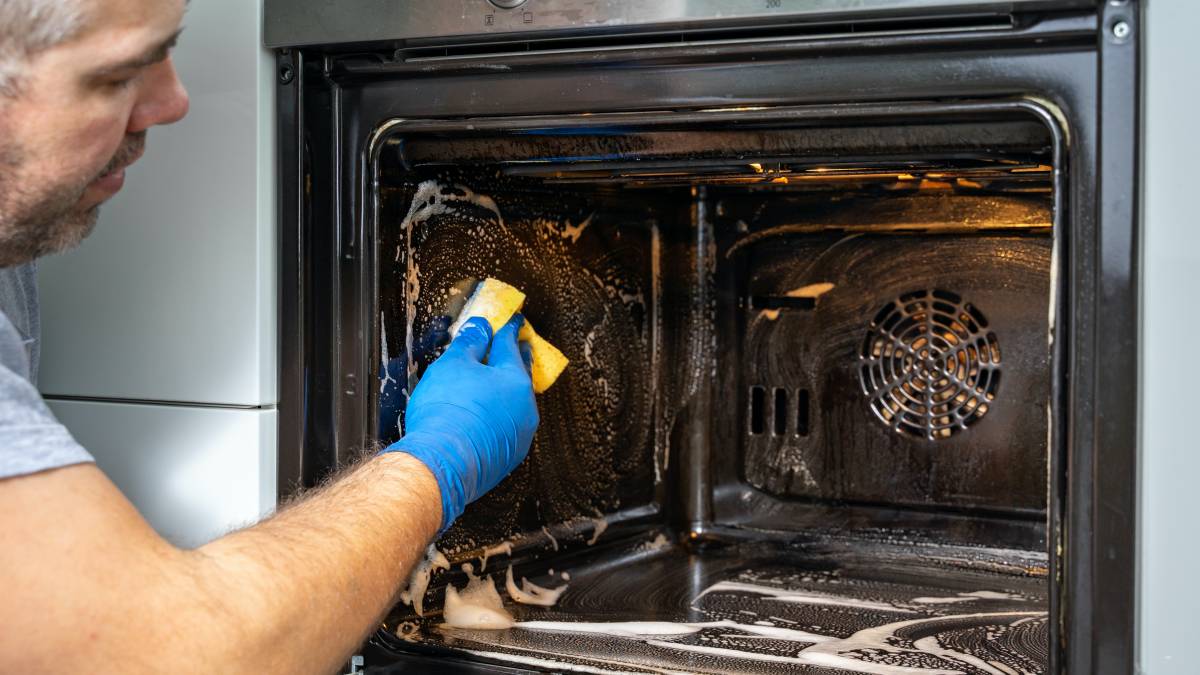
How much does oven cleaning cost?
Read more

How much does a cleaner cost?
Read more

How much does office cleaning cost?
Read more

How much does attic cleaning cost?
Read more

How much does floor cleaning cost?
Read more

How much does brick cleaning cost?
Read more

How much does blind cleaning cost?
Read more

How much does pressure washing cost?
Read more
